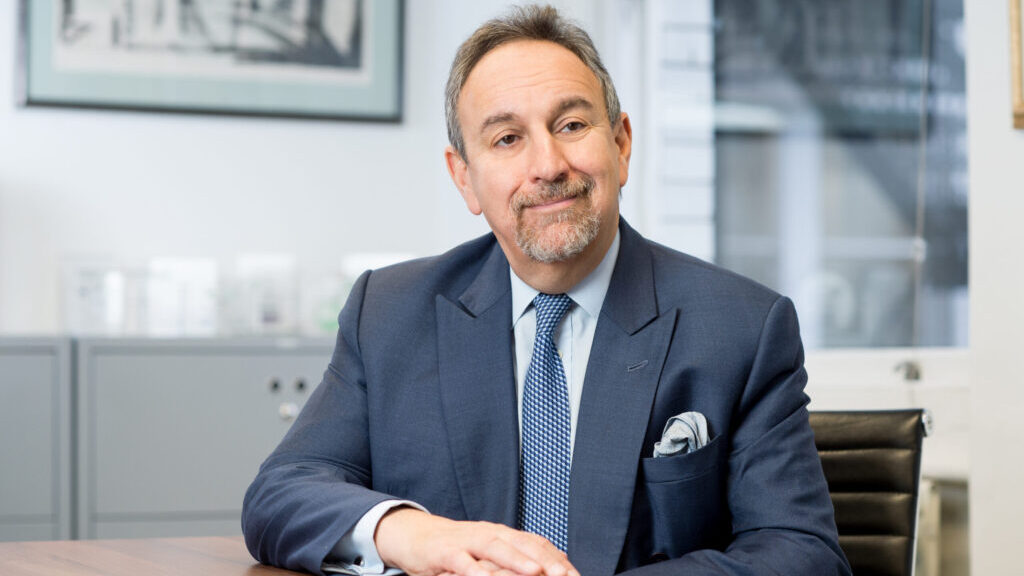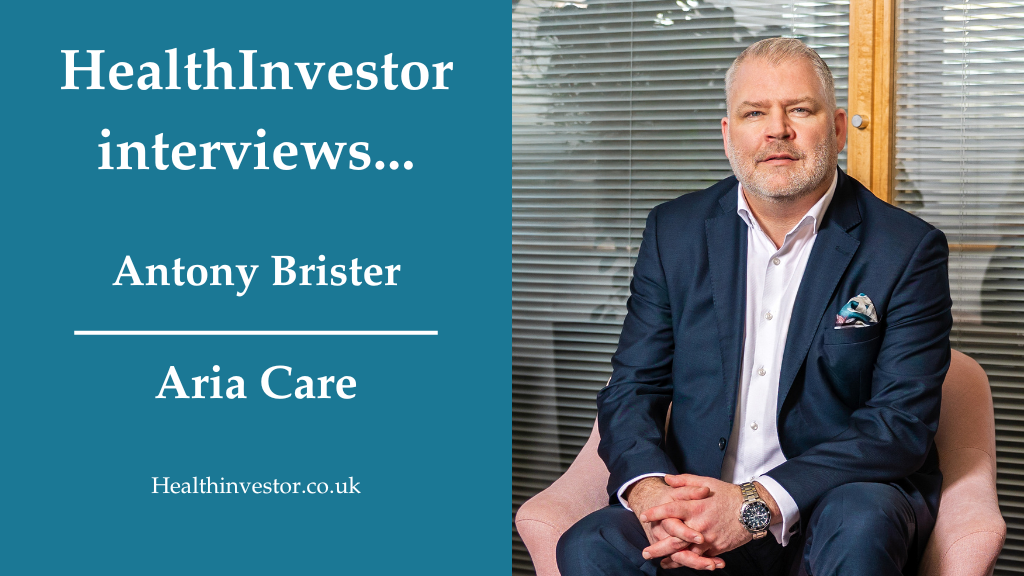There is a widening gap between cost and capabilities in healthcare, says Penny Pinnock, business development manager at Siemens Financial Services.
Market reportsInvesting in primary care facilities is a way to save the NHS and our pride, before it turns 100

I wonder if, 75 years ago, at Park Hospital (now Trafford Hospital) in Manchester, when Labour health secretary Nye Bevan launched the National Health Service, he realised he was establishing a pillar of our national identity, asks Harry Hyman
The service was to become our national pride and joy. Its funding and its future remain crucial issues for the way we vote in elections, our international reputation and our sense of Britishness.
An Ipsos poll in April showed that the NHS is the single biggest reason for us to take pride in being British.
Over half of respondents named it as a top reason – easily surpassing our history, the Royal Family and the British Armed Forces.
The NHS is a real British success story.
We have come a long way in tackling the five giant evils Beveridge identified in 1942:
• Idleness
• ignorance
• disease
• squalor and
• want.
Despite a difficult couple of years facing off the pandemic, losing funding and staff due to the economic downturn, the NHS is and will continue to be a shining beacon of civilisation to us Britons and to our observers abroad.
Nowadays, primary care is delivered through 10,000 medical practices, in a variety of different settings.
Some are more fit for purpose than others. Wherever the care is delivered the relationship between doctor and patient is the most important aspect of primary care.
Email prescriptions, virtual consultations and health apps that use AI algorithms are changing the face of healthcare.
At the same time, we know that for many patients an in-person visit to a GP can’t be bettered, even by these miracles of technology.
Understanding the patient’s emotional state and their family situation, or just hearing them speak, can be as important to a diagnosis as all the technology you can muster.
With over 35,000 GPs working in the UK, and even with pharmacists stepping-in to issue simple prescriptions, we still do not have enough doctors or surgeries for them to meet the rising demand.
Demographics are driving further demand. We have a growing population with longer life expectancy and higher instances of chronic disease. Demand for high-quality and easily available primary care will grow.
Struggling to meet that demand we have surgeries operating in sub-standard buildings, with doctors and colleagues struggling to find space to work.
To meet this demand for space and step into the twenty-first century, the NHS needs to consider how to upgrade the primary care estate.
One option to help modernise primary care, that can have short lead-times and quality assured would be renting purpose-built facilities from private companies specialising in the primary care estate.
This is already happening in over 500 properties in our portfolio.
The cost and time involved in opening new, modern and fit[1]for-purpose primary care facilities such as GP surgeries are much lower than in opening a new hospital, even if opening a new hospital may generate a blaze of initial publicity.
We know the challenges the government is facing trying to deliver its commitment to building 40 new hospitals by 2030.
Building modern, fit-for-purpose primary care buildings is much more manageable. Cheaper and quicker.
It is estimated that it would cost £5bn to create 1,000 more primary care centres in England. Creating space for tens of thousands of primary care patients.
Improving access to better, safer care, faster.
NHS England’s planned shift in care, towards primary care will be welcomed by professionals and patients alike but it cannot happen with the estate in its present condition.
As we mark the 75th anniversary of the NHS, we need to think hard about the shape of its future.
Before it celebrates its centenary in 2048, the NHS will need a primary care estates policy that is flexible and responsive to the changing needs of medicine and public demand.
There is an option, we just need to make more of it.
Harry Hyman is the founder and chief executive of Primary Health Properties, a FTSE 250 company with a portfolio of over 500 properties
This article was originally written as a guest editorial in health policy analyst, writer and broadcaster Roy Lilley’s blog
Latest Features
Driven by an increasingly pressured NHS, lengthy waiting lists, and difficulty accessing the services they need, more patients are exploring their private healthcare options. And that means the sector’s marketers are experiencing their own growing pressure.
Sponsored ContentHealthInvestor sits down with Antony Brister, chief financial officer at Aria Care, to find out more about the social care market, Aria’s acquisition of Future Care Group and its growth plans for 2025 and beyond.
Interview




